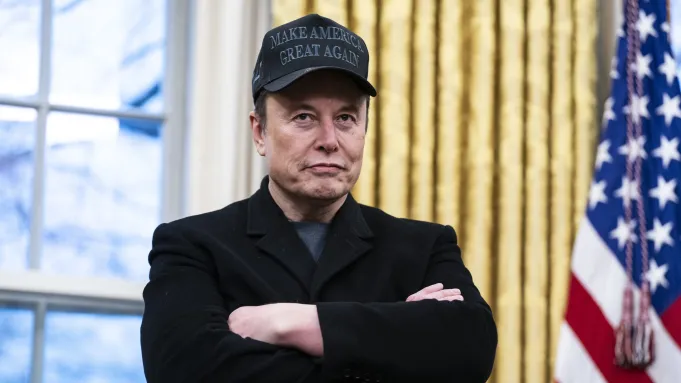
The Billionaire Battle That Could Change American Politics Forever
What happens when the world’s richest man publicly breaks up with a former U.S. president? A political earthquake. Elon Musk, known for shaking up the auto, space, and tech industries, has now set his sights on U.S. politics. In a stunning move, he has launched “The America Party”—a bold political initiative that signals the end of his once-cozy relationship with Donald Trump. The Trump-Musk breakup isn’t just a personal spat anymore. It’s turning into a full-blown war with national implications.
In this article, we’ll dive deep into the launch of the America Party, the timeline of Musk and Trump’s relationship, the ideological rift that split them, and what this means for the future of American politics. Strap in, because this isn’t just another headline—this could be the biggest political shake-up of the decade.
The Origins of the Trump-Musk Relationship
From Mutual Admiration to Political Alignment
Elon Musk and Donald Trump didn’t start out as enemies. In fact, their relationship was once described as “strategic.” When Trump entered the White House in 2016, Musk was appointed to multiple advisory councils, including the Strategic and Policy Forum and the Manufacturing Jobs Initiative. Though ideologically different, both men shared key goals: promote American innovation, reduce reliance on foreign markets, and disrupt the status quo.
Musk remained on these councils until 2017, when Trump pulled the U.S. out of the Paris Climate Accord. Musk, a vocal supporter of clean energy, immediately resigned. That moment marked the first public rift between the two powerful figures.
The Twitter Dance
Despite this initial fallout, Trump and Musk continued to interact—especially on Twitter. Musk occasionally praised Trump’s economic policies, and Trump lauded Musk as a “genius” who was “doing great things for America.” But cracks began to deepen during the COVID-19 pandemic and, later, during the 2020 election cycle.
The Great Divide—Ideological and Personal Clashes
Trump’s Populism vs. Musk’s Techno-Libertarianism
Trump’s America First ideology relies on economic nationalism, border security, and cultural conservatism. Musk, on the other hand, champions a kind of techno-libertarianism: pro-freedom, pro-innovation, and often skeptical of government power. While both appeal to anti-establishment voters, their visions for America are fundamentally different.
Trump wants to take the country “back,” while Musk wants to take it “forward”—to Mars, even.
The Twitter Takeover That Changed Everything
In 2022, Elon Musk bought Twitter (now X) and became its most influential voice. Trump, banned from the platform since January 6, 2021, launched his own social network, Truth Social. While Musk hinted at reinstating Trump’s Twitter account, the former president refused to return, citing loyalty to his own platform.
Behind the scenes, sources claim Trump felt threatened by Musk’s rising influence over conservative media and online discourse. Musk, in turn, grew disillusioned with Trump’s erratic behavior and refusal to adapt to a changing world.
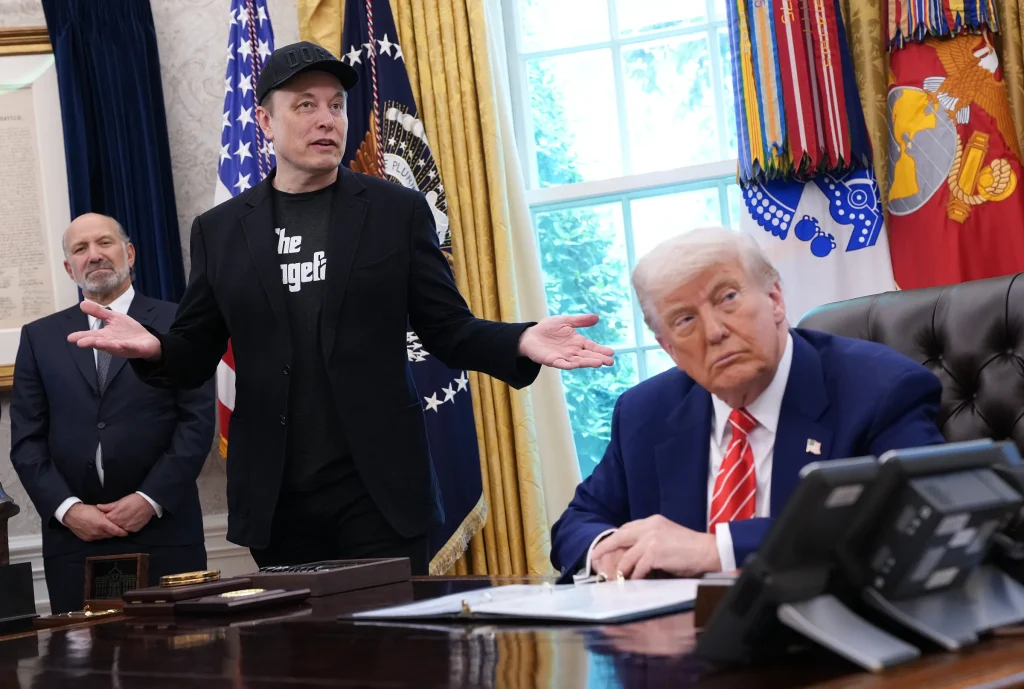
The Breaking Point—Musk’s Public Denouncement of Trump
“Too Old, Too Divisive”—Musk’s Candid Comments
In a 2024 interview, Musk broke his silence and said:
“We need someone younger in the White House—someone who can unite people, not divide them.”
The comment sent shockwaves through Trumpworld. MAGA loyalists accused Musk of betrayal, and Trump himself took to Truth Social, calling Musk “another globalist billionaire with no spine.”
Public Spat Goes Viral
The feud quickly went viral, with Musk posting memes mocking Trump’s age and cognitive ability, and Trump responding with his usual scorched-earth rhetoric, calling Musk “a clown who builds toys.” It was no longer about policy—it was personal.
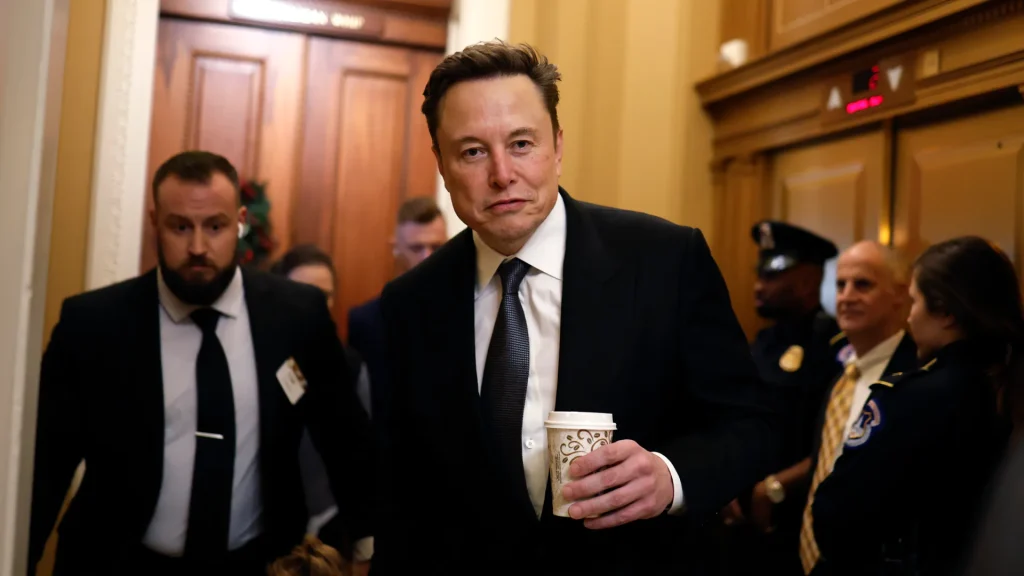
The America Party Is Born—A New Political Movement
What Is the American Party?
In July 2025, Elon Musk held a press conference in Austin, Texas, announcing the launch of his new political party: The America Party.
“This is not about left or right,” Musk declared. “It’s about progress, reason, and restoring faith in the American Dream.”
Core Values of the America Party:
- Innovation-Driven Policy: Support for AI, space exploration, and clean energy
- Free Speech & Digital Rights: Emphasis on online freedom and anti-censorship
- Decentralized Governance: Local empowerment through blockchain and transparency
- Economic Renewal: Universal basic income (UBI), deregulation, and entrepreneurship
- Non-Extreme Centrism: Rejects both woke leftism and alt-right nationalism
Key Figures Backing the Movement
Musk isn’t alone. Reports suggest early supporters include:
- Peter Thiel (PayPal co-founder)
- Andrew Yang (Forward Party)
- Joe Rogan (media influencer)
- Whitney Wolfe Herd (Bumble CEO)
- Even some disillusioned Democrats and Never-Trump Republicans
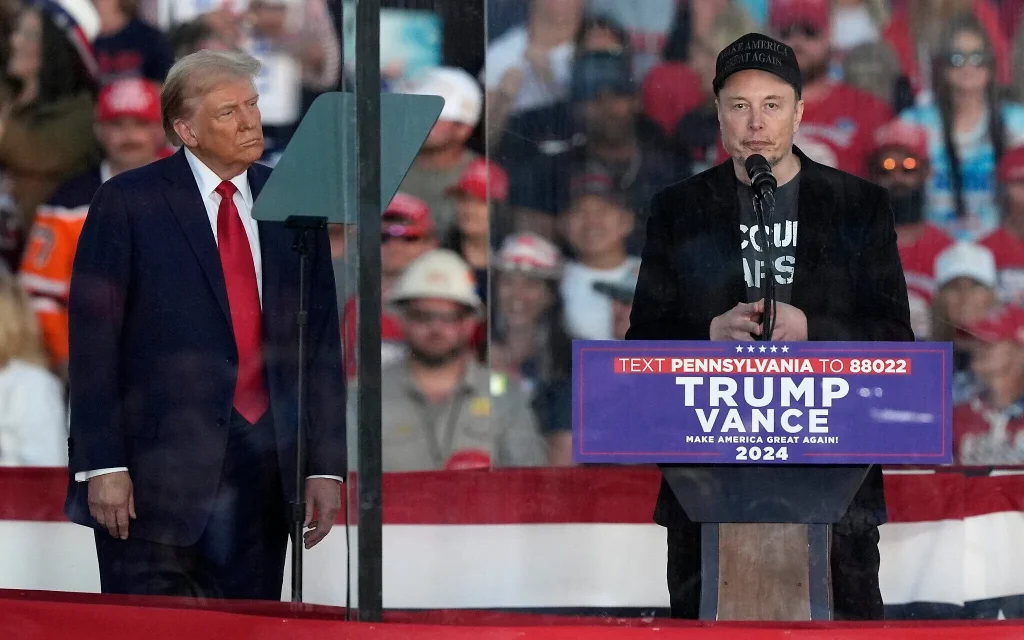
Trump’s Counterattack—MAGA vs. Musk
Trump Doubles Down
Trump immediately branded the America Party as a “vanity project” and warned voters it was a “Trojan horse” meant to split the conservative vote and hand the election to the Democrats.
“Elon couldn’t run a platform without turning it into a playground for bots—now he wants to run the country? Good luck with that,” Trump mocked on Truth Social.
MAGA Media Turns on Musk
Popular right-wing outlets like Breitbart, OAN, and Newsmax began running anti-Musk stories, digging into his past, his businesses, and even his personal life. Accusations of “globalism,” “WEF affiliation,” and “transhumanism” flooded conservative circles.
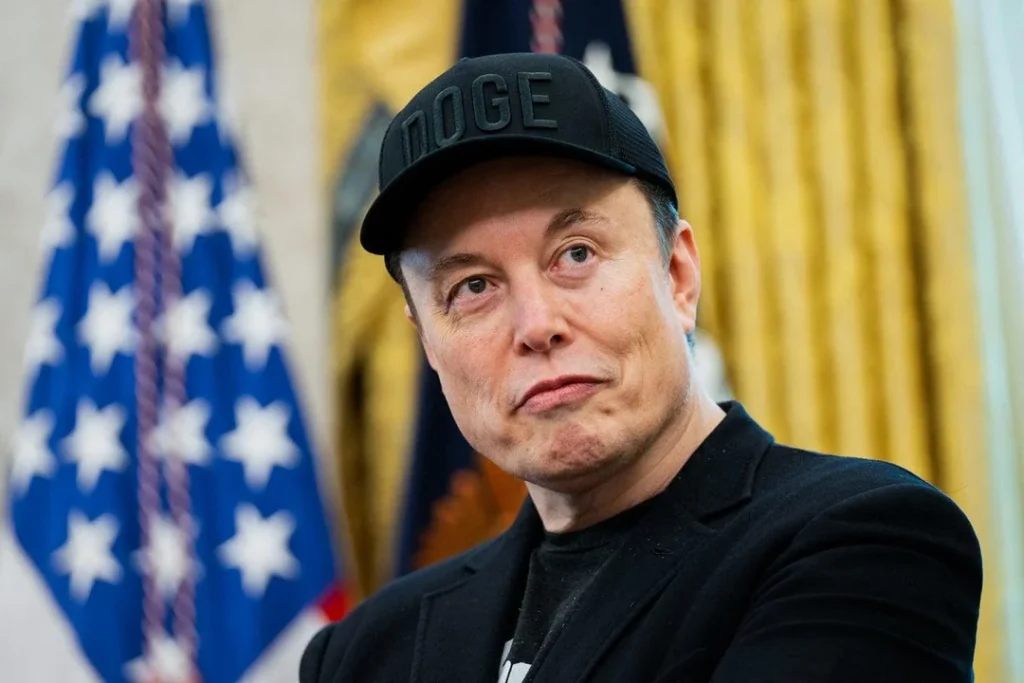
The Political Fallout—Could Musk Actually Win?
Third-Party Math in the U.S.
Historically, third parties in the U.S. don’t perform well. But Musk has two things previous candidates didn’t:
- A massive global platform with millions of daily users
- Billions in personal wealth to fund a campaign
Polls in August 2025 suggest the America Party already has 12–15% support among voters under 40. Among independents and moderates, Musk is polling higher than Trump in some swing states.
Tech Billionaires vs. Political Machines
The rise of the America Party represents a deeper shift: a clash between decentralized, tech-fueled movements and traditional political power structures. If Musk can turn his fanbase into voters, he could reshape the 2028 election landscape—even if he doesn’t win in 2025.
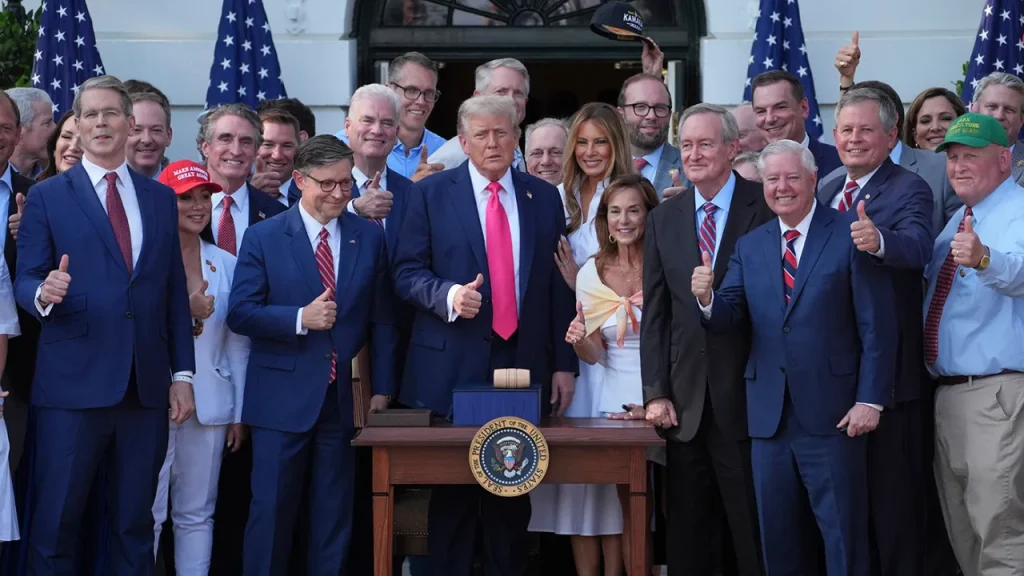
Media Frenzy and Public Reaction
Dividing the Internet
X (formerly Twitter) has become the main battleground. Hashtags like #AmericaParty2025, #MuskVsTrump, and #TechOverTrump trend daily. Memes, AI-generated campaign ads, and conspiracy theories have turned the feud into a full-on spectacle.
Celebrities and Influencers Join the Debate
Some major public figures have taken sides:
- Kanye West: Supports Trump
- Joe Rogan: Leans toward Musk
- Grimes: Supports the America Party
- Tucker Carlson: Still undecided but critical of both
The culture war is now being fought in Silicon Valley as much as in Washington, D.C.
The Future of American Politics—Realignment or Ruin?
Could This Be the Start of a Three-Party System?
Experts say that Musk’s America Party may not win the White House—but it could:
- Take enough votes from Trump to ensure a Democratic victory
- Force major parties to adapt to modern issues like AI regulation, digital privacy, and space policy
- Spark a generational shift where younger voters reject traditional party lines altogether
The Global Perspective
Foreign leaders are watching closely. A tech billionaire forming his own party in a nuclear-armed superpower isn’t just political theater—it’s a geopolitical wild card.
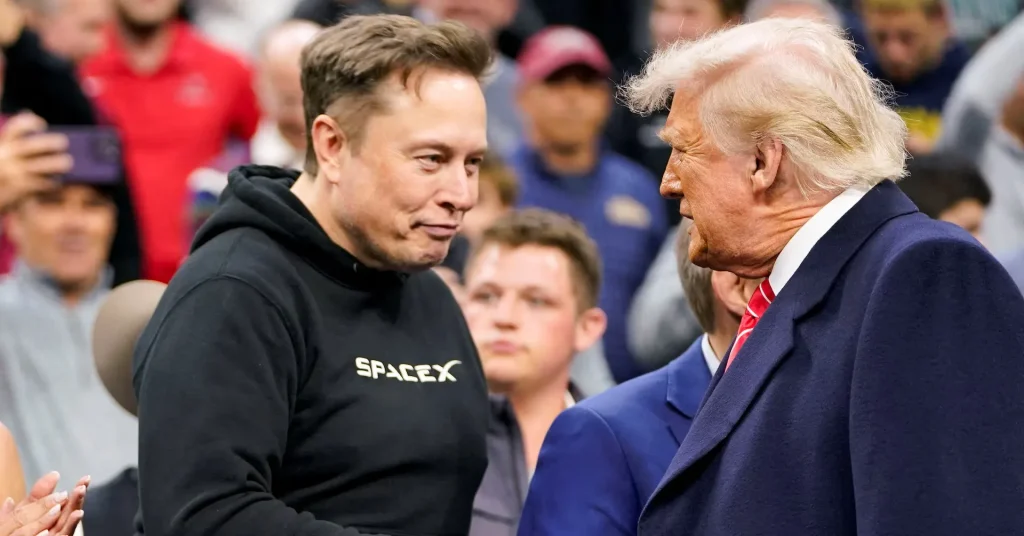
Final Thoughts—A Breakup Bigger Than Politics
Musk vs. Trump Is More Than Just Personal
This feud marks the end of an era where Trump could count on tech outsiders to support his anti-establishment message. Now, he faces a new anti-establishment rival who’s smarter, richer, and arguably more futuristic.
As Trump clings to a message rooted in nostalgia, Musk promises the stars—literally. One man wants to rebuild America, the other wants to reinvent it.
The Trump-Musk breakup is more than a tabloid headline. It’s a reflection of a nation divided—not just by red and blue, but by past and future.


